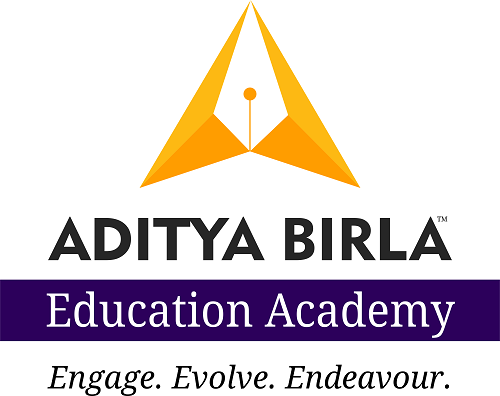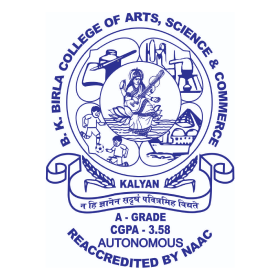Introduction
According to KPMG, India has become the second-largest market for e-learning after the US. Currently estimated to be worth around Rs. 14,700 crore, the sector reaches out to about 9.6 million users. This will grow further as more students are drawn to the virtual community. Regardless of how much technology evolves, students will need teachers. In turn, teachers will have to upgrade their skills to meet changing requirements.
For the moment, there aren’t many players in the area of educator upskilling.
Do teachers need upskilling?
The need to upskill cuts across professions and teachers are no exception. As the frontiers of knowledge and technology expand faster than ever before, the need to enhance existing abilities becomes critical to keep pace with the times. The tools to impart education have undergone a radical change since many of us were in school. Curricula and syllabi are updated from time to time. How can teachers be left out?
In recent times, two game-changing developments have questioned the status quo. First, the advent of digital technology has revolutionised the very manner in which we conduct our personal, social and professional matters. With information and knowledge being available at the tap of a button, the traditional role of the teacher as the fountainhead of learning is under stress.
And second, the global pandemic has changed our outlook on life. Working remotely is here to stay in one form or the other. With educational institutions shut for 18 months at a stretch, the teaching profession is amongst those most deeply impacted. From holding the attention of a physical class of students, the focus has shifted to ensuring that the audio-visual presentation in a virtual class delivers the required learning. This in itself requires a new set of technological, presentation and coordination skills.
And if all of this wasn’t enough, we live in different times. With an overall improvement in living standards, changing social mores and greater individual expectations, the youth have to grapple with physical and mental issues like never before. Today’s teacher must also be a friend, philosopher, guide and counsellor to her students.
What is holding them back from upgrading themselves?
Feedback from the educator community reveals a myriad of reasons for the slow progress in upgrading skills. A common refrain is the increasing demands on their work time. Unlike earlier times when teaching was much simpler and tools limited to the textbook and the blackboard, teaching today requires far more preparation than ever before. This leaves the teacher with little time for herself.
Teachers have to assume responsibilities that go beyond their traditional role as educators. Yet another factor at play is the rise in expectations from three stakeholders: the school management, students and their parents. Students and parents expect good grades as a birth right while the school authorities are driven by the success percentage and the school position in the annual rankings.
With teacher-student relationships being redefined in a fast-changing environment, teaching has become a high-stress profession. The teacher’s word is no longer accepted as final. Disciplining students requires far more patience and restraint than ever before.
The noble profession has had to face the onslaught of rank commercialisation. The rise in the number of educational institutions in the country, the growing presence of private bodies in this field and the huge demand for quality education have heightened the sense of competition between education bodies vying for the most intelligent among the student community.
All of this, however, doesn’t translate to a win-win situation for the teacher. The profession is viewed as a last-choice career option and the monetary rewards are not commensurate with the demands made.
A paucity of time and a low return on the time invested diminishes the zeal for upskilling and self-growth. Further, the educator sees no tangible benefit accruing from a professional upskilling course. On the brighter side, the National Education Policy of India, 2020 stipulates that all teachers need to undergo at least 50 hours of training every year.
What is expected of teachers and how can they keep challenging themselves for their betterment:
Teachers today cannot only restrict themselves to be masters of subjects but need to wear multiple hats of being a guide, consultant and motivator in the learning journey of the child. With today’s kids adapting faster to the Technology, teachers need to embrace technology wholeheartedly and be part of global transformation.
Much of the content is available today on the internet, teachers are expected to rise above the level imparting not only the content based knowledge and share more hands-on practical experiences with the kids. The role of educators has transformed into more of a facilitator who can enrich learners with their own experiences during the process of imparting knowledge.
Teachers already are front warriors adapting to the need of time, technology and age, there will always be a need to sharpen their skills. With Technology platforms emerging today - self paced and skill development programs are readily available and teachers today need to take a step forward to upskill themselves. Upskill with the best online workshops for teachers with ABEA.
Also read: Tips for Educators to Upskill/Reskill
How is ABEA Online Workshop for Teachers different from others?
Aditya Birla Education Academy focuses on providing educators with learning opportunities to pursue their ambitions and boost their career growth.








